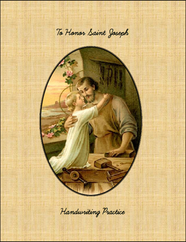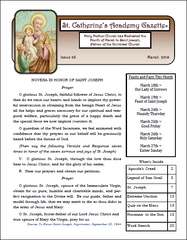1. In the midst of the false witnesses and their lying testimony Jesus remains silent. The high-priest, angry and impatient, urges Him to reply: " Answerest Thou nothing to the things
which these witness against Thee ?" Still Jesus answers not a word. How different from our eager anxiety to answer every accusation and every word of blame ! How much better if we could hold our peace after the example of Jesus !
2. At length the high-priest rises and asks a direct question; nay, he summons Christ in the name of God to declare the truth: " I adjure Thee by the living God, that Thou tell us if Thou be the Christ, the Son of God." Ordered by authority, Jesus at once says: " I am; and one day I shall come in all the power of God that is now entrusted to you as the high-priest of God." Another lesson for us. We must obey authority even where he who carries it shamefully abuses it; for those in authority, like Caiphas, speak in their official capacity as in the place of God.
3. When Christ declares Himself to be the Son of God, the high-priest and the council rise indignantly to protest against such blasphemy. In this they are the type of modern heretics who accuse the Church of God and the Vicar of Christ of blasphemously usurping divine prerogatives. Pride and jealousy and self-love so blinded the eyes of the Sanhedrim that they called good evil, and evil good; condemned the Son of God to death because He told them the truth. My God, preserve me from ever being thus blinded by sin !
Source: The Sacred Passion of Jesus Christ - Short Meditations for Everyday in Lent,
by Richard F. Clarke, S.J. Imprimatur 1889





 RSS Feed
RSS Feed